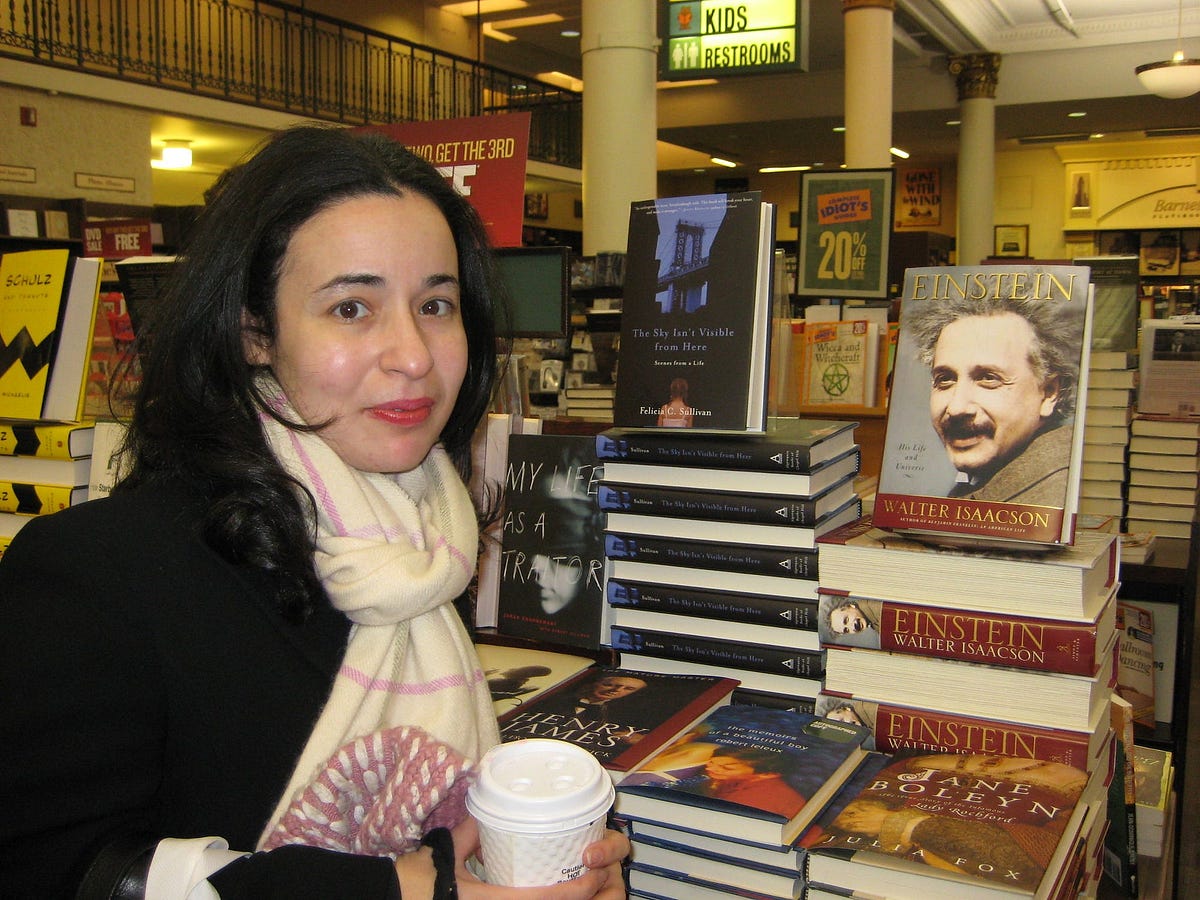How to Write a Book When You’ve Got a Full-Time Job

🌈 Abstract
The article discusses the author's perspective on what it means to be a writer, challenging the common misconceptions and romanticized notions about the writer's life. It explores the author's own experiences balancing a demanding career, personal life, and writing, while emphasizing that there is no single way to be a writer.
🙋 Q&A
[01] The Myth of the "Typical" Writer
1. What is the author's view on the common perception of what a writer should look or act like?
- The author rejects the idea that writers must fit a certain stereotypical mold, such as the "coffee-guzzling, unkempt superstitious sort" depicted in movies and blog posts.
- The author recounts an experience in college where an editor was surprised that the author, who did not fit the expected "writer" appearance, had written a compelling story.
- The author emphasizes that there is no single way to be a writer, and that writers can take on various roles and appearances beyond the romanticized notions.
2. How does the author's own background and career challenge the typical writer narrative?
- The author has had two books published while also balancing demanding jobs and a full-time life, rather than the idealized "writer's existence" of sipping coffee in a robe.
- The author earns a six-figure salary, which surprises both their "book friends" and "marketing friends" who did not expect them to also be a writer.
- The author highlights that it is possible to be more than one thing, and that the notion of a singular "writer" identity is a misconception.
[02] Embracing a Flexible Writing Process
1. How does the author approach the writing process, in contrast to the common advice about daily word/page counts?
- The author rejects the idea that writers must commit to a strict daily word or page count, finding this approach stifling and unnatural.
- Instead, the author describes a more flexible and organic writing process, where they write when they can, fitting it in around their other professional and personal responsibilities.
- The author emphasizes that the work that goes into writing, such as thinking about characters, jotting down dialogue, and conducting research, is just as important as the actual writing itself.
2. How does the author's writing process evolve over time?
- The author initially wrote in a more "nomadic" and improvisational way, without detailed outlines or plans, allowing the characters and story to develop organically.
- Over time, the author has shifted to a more balanced approach, spending more time on character development, plot sketches, and structural planning, while still maintaining flexibility.
- The author uses tools like whiteboards and timelines to help guide the writing process, without becoming overly constrained by rigid outlines.
[03] Maintaining Motivation and Commitment
1. What strategies does the author use to stay motivated and committed to their writing projects?
- The author emphasizes the importance of finding a deeper purpose or message behind the writing, which helps sustain motivation even through challenging drafts and revisions.
- The author creates a physical reminder of their "why" for the book, such as printing out their goals and themes, to keep them focused.
- The author breaks down the writing process into manageable tasks and schedules them into their weekly routine, rather than relying on inspiration alone.
2. How does the author approach periods of writer's block or lack of productivity?
- The author acknowledges that there are times when the words simply don't come, and they don't force themselves to write just for the sake of writing.
- Instead, the author focuses on other productive tasks, such as research, character development, and plot brainstorming, recognizing that this work is still part of the writing process.
- The author emphasizes that even when not physically writing, they are still engaged in the mental and creative work of the book, which is just as valuable.